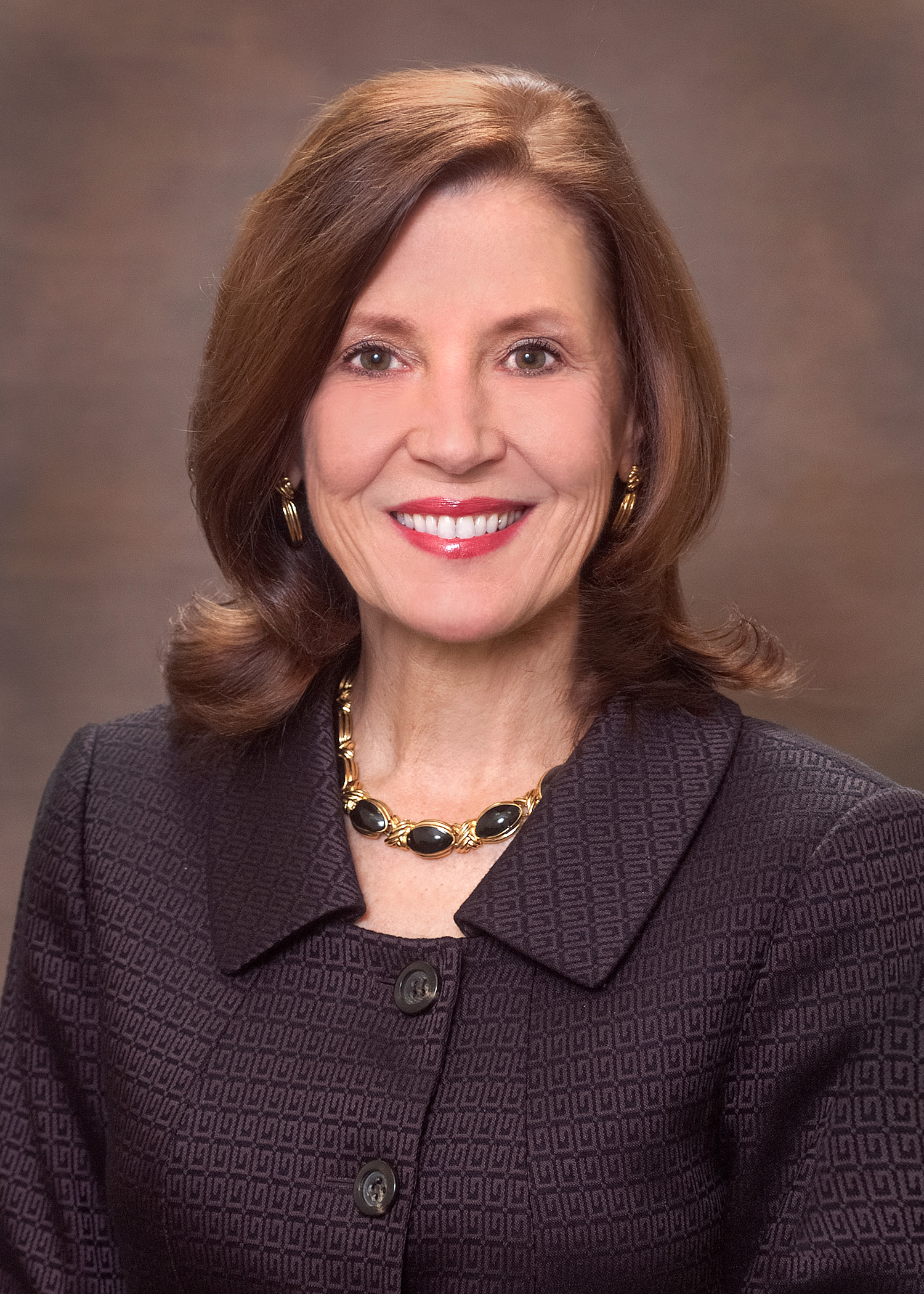Teri Fontenot has served as president and CEO of Baton Rouge, La.-based Woman's Hospital, a 350-bed Level III regional referral hospital for obstetrics and women's cancer care, since 1996.
A highly esteemed leader, Ms. Fontenot has a breadth of healthcare leadership and finance experience. She previously served as the 2012 chair of the American Hospital Association board of trustees, chair of the CEO's committee of the AmericanCollege of Healthcare Executives and served on its board and officer nominating committee. Ms. Fontenot also served a six-year term on the Advisory Committee on Research on Women's Health for the National Institutes of Health and chair of the board of the Louisiana Hospital Association in 2002.
Ms. Fontenot took the time to answer some of Becker's Hospital Review's questions.
1. How does your background in finance serve as an advantage in your current role as president and CEO?
The current healthcare environment has shifted the financial risk from payers to health systems, so strong financial and analytical skills are vital. With the basis for organizational success moving from increasing volume to one measured on value, and coupled with dwindling payments from payers, healthcare systems are leading initiatives to keep people healthy and out of acute settings, which effectively diminishes traditional revenue streams. As a result, every dollar spent must have a return or benefit greater than the cost.
Having a strong financial background allows me to better understand the interplay among revenue, outcomes, cost and ROI at Woman's. In addition, since Woman's is a small system focused on women's and infants' healthcare, my finance training and experience as a CFO helps me identify and focus on income statement and balance sheet vulnerabilities early so we can proactively address them to improve performance.
2. How would you describe your leadership philosophy?
I believe the role of the CEO is to aspire and inspire. I am responsible for leading the creation of the vision and strategic plan, then sharing the vision and creating excitement among the team members who will actually accomplish it. Sometimes an educator, often a facilitator, maybe even a peace-maker, the CEO must always be the cheerleader.
I also believe the CEO is the promoter of organizational culture and values. Externally, the CEO is the persona of their organization. Internally, the CEO sets the tone and the pace. I try to be a good example every day in action and word, be visible and approachable to all stakeholders, and make decisions that support our values and ethics. A good example is the elimination of offices at the new hospital campus that we moved into three years ago. The executive team made the decision that we would use an open architecture design to reduce costs and increase flexibility. As a result, we eliminated 200 offices. No one on the executive team has a private office, including me. It really made a profound statement with our employees and physicians that the executives are no more special than anyone else at Woman's — we are all valued.
Finally, I believe the CEO's role is to provide the resources that employees need to get their jobs done in a manner that reinforces that they are valued. Whether it is hiring co-workers who are competent, ensuring there is adequate staff for safe care, providing reliable customer service to support departments or keeping supply cabinets stocked and equipment in good working order, my job is to provide the tools needed so they can perform their work.
3. What would you say is the No. 1 health issue currently facing your patient population?
Sadly, it is the marked increase in drug-addicted pregnant women and their newborns. Seeing a newborn go through withdrawal is heartbreaking, especially for the doctors, nurses and social workers who care to them.
4. How do you balance your family and personal life with work? Do you have any tips for other executives who may struggle to find a balance?
My family would tell you that I don't balance it! Fortunately, I enjoy the work and the people at Woman's, so it doesn't really feel like a job. My family has been incredibly supportive of my career. When I became CEO in 1996, my daughter was 10 years old and my husband traveled. He changed careers so he didn't have to travel because my hours were long and unpredictable, and I took my daughter to meetings and events as appropriate. She has thanked me many times for helping her learn at an early age how to interact with powerful people; she is not intimidated today in these settings as her own career develops, and she has told me that it has given her a competitive advantage.
Regarding tips, probably the most liberating one was when I stopped trying to draw a hard line between work and personal time. The stress was greatly reduced and by allowing the blending of my work and personal life, I feel like I am in control of how much time I devote to each component rather than the clock being dominant.


